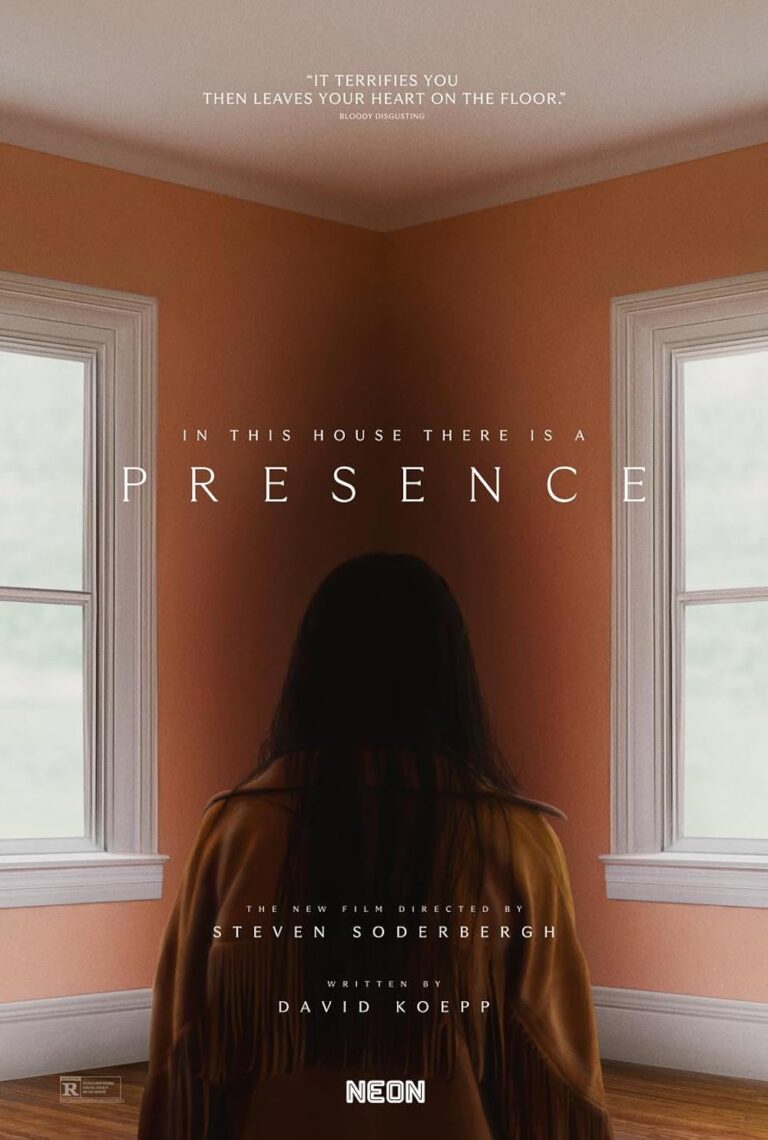Kinds of Kindness Christian Review

Meet this film about kinds of kindness—a dark-colored film that does not avoid anything for throwing open the underside of human rapprochement. This isn’t one for easy popcorn entertainment but delves into those deep, dark waters where issues of control, choice, and no small measure of the dark collide in relationships.
Subjugation and Power as Themes.
It highlights sharply how relationship could become a battleground of domination and subjugation. Characters, such as those played by Jesse Plemons in the role of Robert, find themselves in webs of control where rebellion comes at an awfully high price. This theme resonates into Christian understandings on dangers of idolatries towards human authorities rather than God being the reigning sovereign. It makes us confront punishing implications of entrusting our faith to imperfect human systems bequeathed on us rather than to the divine.
Human Frailty and Moral Quandaries
The human frailty and moral dilemmas that haunt the characters are at the very core of this movie. Stories unfold like a 21st-century parable, in that the actions are so far-reaching and motivated by sentiments for which the line between moral and amoral gets blurred. It is very much akin to those biblical tales postulating the important fallibility of human nature along with the call for divine guidance. We’re, in a way, questioned on our ethical choices and what they mean.
A Bleak Portrayal of Human Nature
“Kinds of Kindness” is uncompromising in the grim light it sheds on human behavior, with selfishness, deceit, and desperation seen as the drives that push its characters into utmost extremities. Lending further credence to the not-so-positive picture of the human race is a bit of a Toynbeean/propagandistic tenor with its echoes of the biblical concept of sin and just how thoroughly it shall be there. It’s a quite realistic statement about how easily humans fail morally and how it points towards redemption.
The Absence of Redemption
Unlike other films that suggest a light, hopeful resolution or clarity at a higher level of realization that viewers should ideally feel satisfied with but are not, “Kinds of Kindness” closes on a note of ambiguity that will rest very poorly with our constructed predispositions of resolution and fulfillment, not unlike the human experience and the mysterious nature of grace, faith, and doubt in Christian theology. Either disconcerting or provocative is when an authentic feel of grace still feels lacking, and we must then sharpen our eye to be much more sensitive and our ear quite more critical to the careful variances of human speech.

Content and Controversy
It is important to note that “Kinds of Kindness” is not something for a delicate viewer. The visual images are graphic, and the emotional cruelty is only designed to underscore its thematic depth. Its raw content is worthy of truth, an echo of the biblical call to examine our hearts and motives.
Conclusion
At the bottom line, “Kinds of Kindness” is a reflection on the human condition through its uniquely dark and self-reflective perspective. Though these themes may veer far from the path of traditionalist Christian narrations of hope and redemption, at their core, they do involve deep musings on morality and power play, as well as the intricacies of relationships. It demands of us as well to reflect on what our choices are and the moral landscapes each of us traverses in life. Disturbing or enlightening, for sure, it is one of those films that will remain in the mind and will not allow us to regard the shades hiding in the soul and around us.






